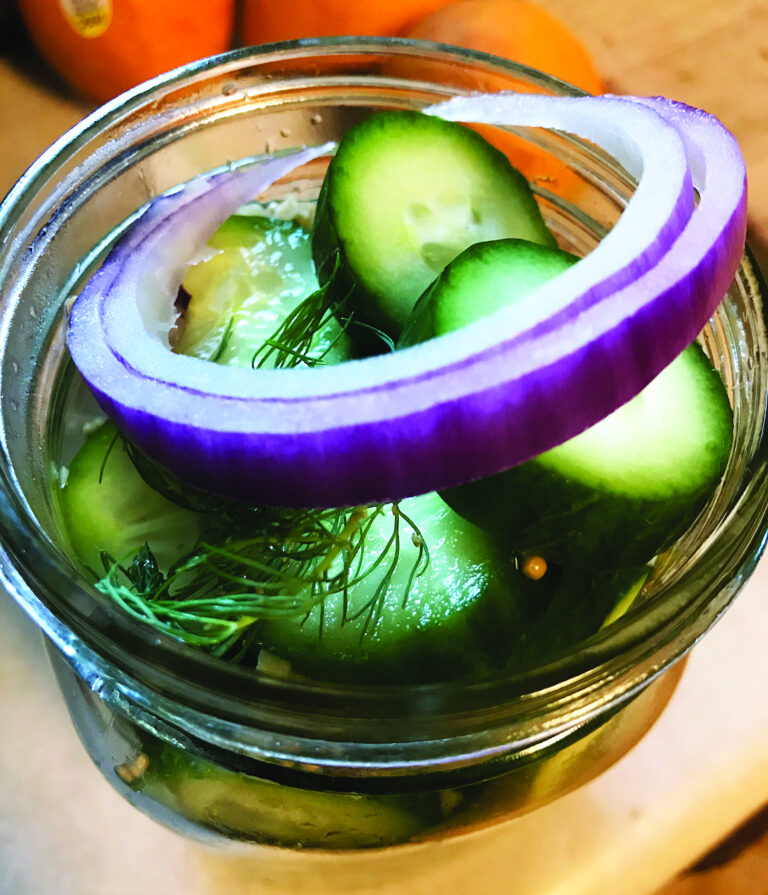Type 1 diabetes is a chronic disease that requires life-long treatment which includes dietary restrictions, medication and insulin. Type 2 (non-insulin dependent) diabetes is more common, far less deadly, and usually develops during mid- to late-adulthood. Late-onset Type 2 diabetes develops, in most cases, due to aging and poor diet. Here we're mostly talking about Type 1.
There is actually little difference between what diabetics and nondiabetics are supposed to eat. According to dieticians, both should choose variety-packed meals that are well-balanced, low in fat and sugar. Each meal should contain a source of protein, starch and about two servings of vegetables. Both diets should also be flexible enough to allow for occasional treats enjoyed in moderation.
The key difference is that people living with diabetes have to monitor what they eat more closely. Carbohydrates (found in starchy and sugary foods) elevate blood glucose (or blood sugar) levels, which require insulin (the stuff diabetics are short on) to be processed by the body. In many cases, passing up on carbohydrate-rich foods like chocolate cake isn't necessary as long as the eater takes an after-dinner walk to stave off weight gain (like we all should),cuts back on carbohydrates from other parts of his or her meal and/or adjusts his or her dose of insulin. To determine how much supplemental insulin is needed throughout the day, many diabetics take carbohydrate tallies at each meal. Even though counting carbs isn't necessary for everyone, all diabetics should pay close attention to what and when they eat to avoid health complications.
Of course, knowing how certain foods affect blood glucose levels and then matching meals with medication doses can be confusing. Diabetics, especially those who have been recently diagnosed, can benefit from teaming up with a nutritionist or registered dietitian who will provide information and advice to prevent most major complications. In addition, they can prepare tailor-made recipes and menu ideas to help curb “diabetic food boredom” that results from repeatedly eating the same perceived “safe” foods.
If you're not sure where to get nutritional counseling, The American Dietetic Association provides free literature and local doctor referrals. Call them at (800) 366-1655 or log onto www.eatright.org. You'll also want to check out the American Diabetic Association for health news, tips, recipes and referrals at (800)342-2383, or log onto their excellent website at www.diabetes.org. The Directory of Diabetes Education Services in New Mexico is an invaluable and exhaustive resource of diabetic services (some of them free) and support groups listed by county or pueblo. Log onto www.laplaza.org/health/diabetes_dir/#contents and see what they can do for you.
Bennett








